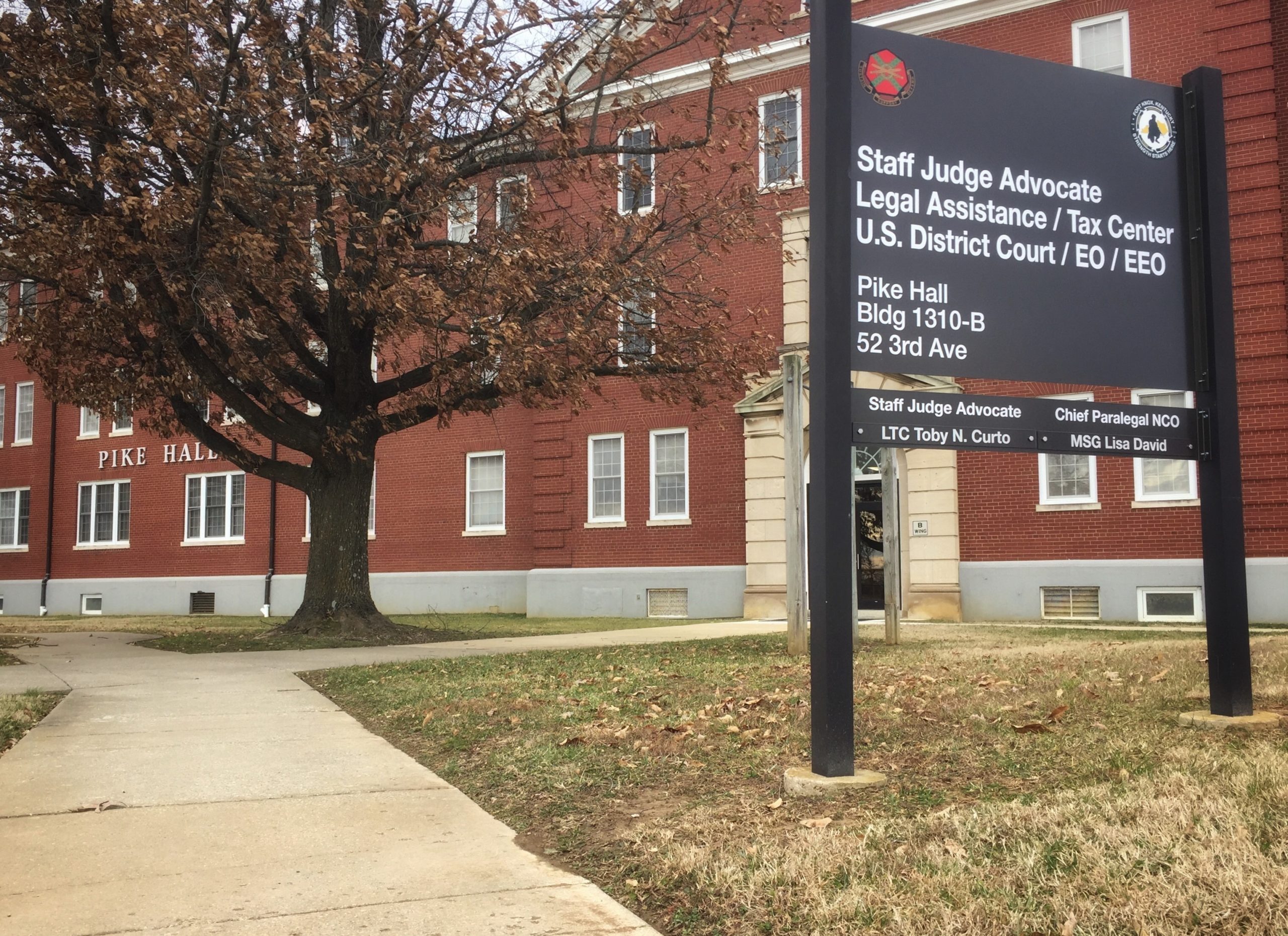Veterans Benefits and Transition Act of 2018
The Veterans Benefits and Transition Act of 2018 is a significant piece of legislation that aims to improve the benefits and support provided to veterans during their transition from military service to civilian life. This act recognizes the sacrifices made by veterans and seeks to ensure their successful integration into society.
Key Provisions
The Veterans Benefits and Transition Act of 2018 encompasses various provisions that address different aspects of veterans’ lives. These provisions include:
Education and Training
Under this act, veterans are provided with enhanced educational opportunities and training programs to facilitate their transition into civilian careers. The act expands access to educational benefits, vocational rehabilitation services, and apprenticeship programs. It also establishes a Veteran Employment Advisory Council to promote employment opportunities for veterans.
Healthcare and Mental Health Support
The act recognizes the importance of veterans’ healthcare and mental well-being. It mandates the Department of Veterans Affairs (VA) to improve healthcare services and mental health support for veterans. This includes expanding access to VA healthcare facilities, enhancing mental healthcare services, and addressing issues such as post-traumatic stress disorder (PTSD) and traumatic brain injuries (TBI).
Transition Assistance
The act emphasizes the need for comprehensive transition assistance for veterans. It enhances the Transition Assistance Program (TAP) to provide veterans with the necessary tools, resources, and information to successfully transition into civilian life. This includes career counseling, job placement assistance, and entrepreneurship training.
Housing and Homelessness Prevention
The act aims to reduce homelessness among veterans by improving access to housing and support services. It expands the availability of housing vouchers and rental assistance programs specifically targeted toward homeless veterans. Additionally, it provides grants to organizations that offer supportive services to homeless veterans.
Disability Compensation
The act enhances disability compensation for veterans who have sustained service-related injuries or disabilities. It streamlines the claims process, ensuring that veterans receive their entitled benefits promptly. It also establishes a process for reevaluation of disability ratings to ensure accuracy and fairness.

The Veterans Benefits and Transition Act of 2018 is a crucial step toward improving the lives of veterans and ensuring their successful transition into civilian life. By addressing key aspects such as education, healthcare, transition assistance, housing, and disability compensation, this act aims to provide comprehensive support to veterans. It is essential to continue advocating for the rights and well-being of veterans, recognizing their sacrifices and contributions to our nation.
Frequently Asked Questions about Veterans Benefits and Transition Act of 2018
1. What is the Veterans Benefits and Transition Act of 2018?
The Veterans Benefits and Transition Act of 2018 is a federal law that aims to enhance the benefits and support provided to veterans during their transition to civilian life.
2. What are some key provisions of the Veterans Benefits and Transition Act of 2018?
The act includes provisions such as improved access to healthcare, expanded educational opportunities, increased job training programs, and enhanced mental health services for veterans.
3. Who is eligible to benefit from the Veterans Benefits and Transition Act of 2018?
All veterans who have served in the U.S. military and have been honorably discharged are eligible to benefit from the provisions of this act.
4. How does the act improve access to healthcare for veterans?
The act ensures that veterans have easier access to healthcare services by expanding the availability of VA medical facilities, improving telehealth services, and increasing the number of healthcare professionals within the VA system.
5. Does the Veterans Benefits and Transition Act of 2018 provide educational benefits for veterans?
Yes, the act expands educational benefits for veterans by providing increased funding for the GI Bill, offering more educational assistance programs, and supporting the transfer of education benefits to family members.
6. What job training programs are included in the act?
The act establishes various job training programs designed to assist veterans in acquiring new skills and transitioning into the civilian workforce. These programs aim to enhance employment opportunities for veterans.
7. How does the act address mental health services for veterans?
The act emphasizes the importance of mental health services for veterans and provides additional resources to improve access to mental health care, counseling, and support programs.
8. Can veterans receive disability benefits under the Veterans Benefits and Transition Act of 2018?
Yes, the act ensures that veterans who are eligible for disability benefits receive the necessary support and assistance to access these benefits promptly.
9. Does the Veterans Benefits and Transition Act of 2018 provide housing assistance for veterans?
Yes, the act includes provisions to expand housing assistance programs for veterans, aiming to reduce homelessness and improve access to affordable housing options.
10. How can veterans learn more about the benefits and services provided under the act?
Veterans can visit the official website of the U.S. Department of Veterans Affairs or contact their local VA office to obtain detailed information about the benefits and services available to them under the Veterans Benefits and Transition Act of 2018.




